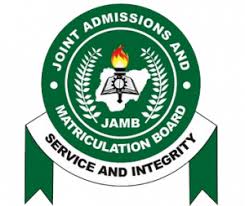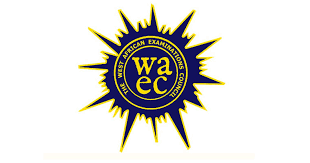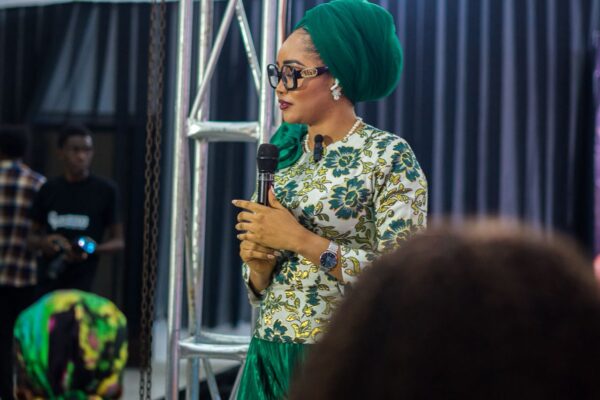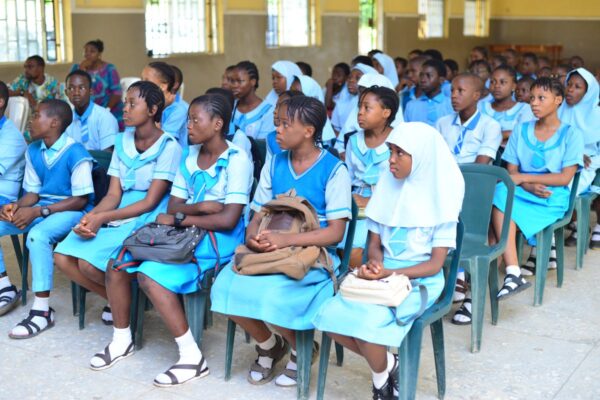
JAMB Opens Sale Of 2026 UTME, Direct Entry Forms From January 26, Sets Exam Dates
The Joint Admissions and Matriculation Board (JAMB) has announced the start of sales for application forms for the 2026 Unified Tertiary Matriculation Examination (UTME) and Direct Entry (DE) admissions for the 2026/2027 academic session. The announcement was made in a statement signed by the Registrar, Prof. Ishaq Oloyede, and shared on JAMB’s official X account on Tuesday night. JAMB stated, “Applications are invited from suitably qualified candidates for admission into tertiary institutions in Nigeria for the 2026/27 academic session.” Eligibility for the UTME is generally restricted to candidates who will be at least 16 years old by September 30, 2026. However, underage applicants may be considered under strict conditions. The Board explained, “Candidates less than 16 years old by 30th September, 2026 will have to undergo an intensive evaluation to determine their eligibility for a waiver. Such candidates must have scored not less than 80% in each of UTME/ALEVEL, PUTME, SSCE and in the exceptional candidate assessment.” UTME results for underage candidates will be released only after the full evaluation process. JAMB set the registration timelines for UTME candidates, including those from abroad, from Monday, January 26, 2026, to Saturday, February 28, 2026. E-PIN vending for UTME begins Monday, January 19, 2026, and ends Thursday, February 26, 2026, while registration closes on February 28. For Direct Entry candidates, sale of 2026 DE application forms and E-PIN vending will run from Monday, March 2, 2026, to Saturday, April 25, 2026, available only at JAMB State and Zonal Offices. JAMB also announced three categories of e-PINs: Direct Entry (N5,700), UTME without Mock (N7,200), and UTME with Mock (N8,700). The fee breakdown includes: UTME/DE application fee N3,500; reading text N1,000; CBT centre registration N700; CBT centre UTME service N1,500; bank charges N500; and CBT mock UTME centre charge N1,500. The 2026 UTME exam is scheduled to begin Thursday, April 16, 2026, and end Saturday, April 25, 2026. The optional Mock-UTME will hold on Saturday, March 28, 2026.







